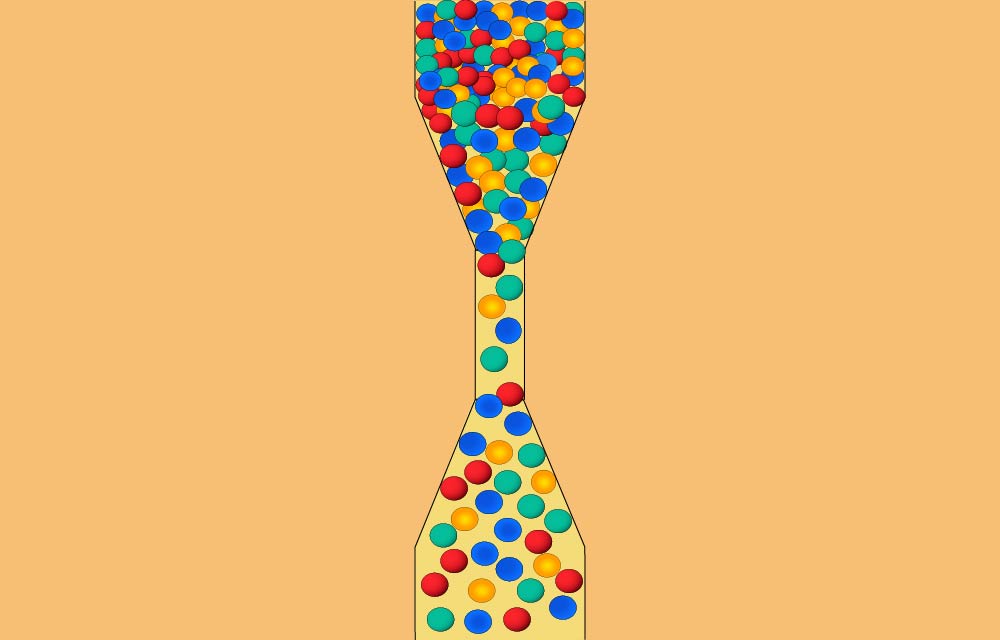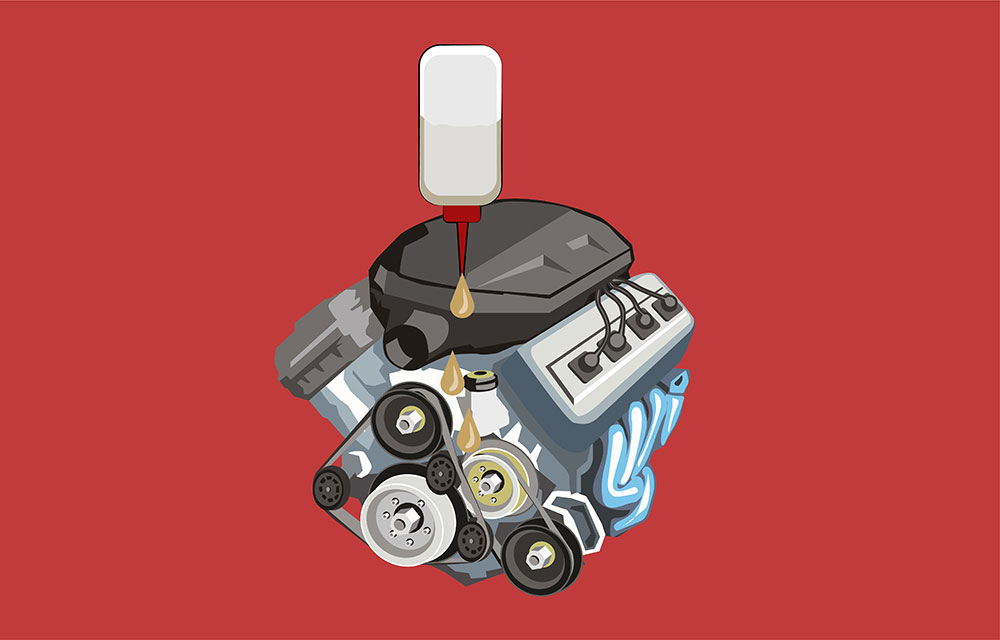
Optimizing CPU-Bound and Memory-Bound .NET Applications: 11 Best Practices
Our productivity is limited by our resources, but we have the ability to make better or worse use of them. The goal should be to use each of our resources as close to its limit as possible. We want to use every bit of our CPU and memory or else we're over-paying for expensive machines.

Find, Fix, and Avoid Performance Problems in C# .NET: 10 Best Practices
Don't know about you, but I'm obsessed about performance. I've gathered a list of 10 best practices on dealing with performance problems, starting with when you need to deal with them at all.

8 Techniques to Avoid GC Pressure and Improve Performance in C# .NET
Poor memory management can hurt performance in many ways. One such effect is called GC Pressure. This article will show 8 techniques to minimize GC pressure, and by doing so, improve performance.

Cache Implementations in C# .NET
One of the most commonly used patterns in software development is Caching. It's a simple, yet extremely effective concept. The idea is reuse of results. When performing a heavy operation, we will save the result in said cache

How to Create, Use, and Debug .NET application Crash Dumps in 2019
In this article, we'll see what exactly are dump files, why they are so helpful and how to use them correctly. You will see all the ways to create Dump files, to properly match them with symbols and source files and finally how to debug them to solve the problem.
